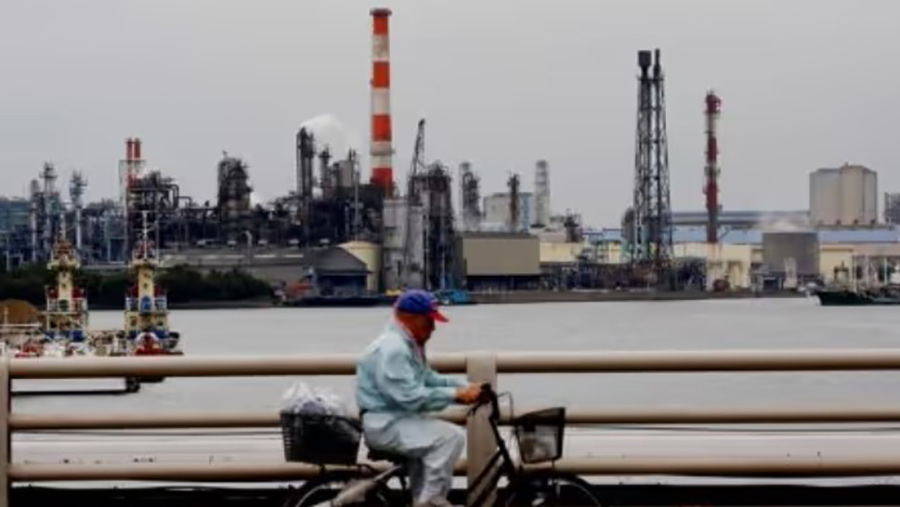BANGKOK- Thailand’s Prime Minister Srettha Thavisin met the governor of its central bank on Monday, less than a week after an unexpected hike in interest rates seemed to clash with government efforts to stimulate the economy.
Earlier in the day Srettha had reiterated plans to inject 560 billion baht ($15 billion) into the economy next year through his signature digital wallet policy, the key election plank of his Pheu Thai Party.
“We exchanged opinions on economics and finance,” Srettha, a real estate mogul who is also finance minister, said in a posting on social media platform X, formerly known as Twitter, describing his meeting with the governor.
“It was productive and we will have these meetings on a monthly basis.”
The meeting came after the bank raised key rates last week to their highest in 10 years at 2.50 percent , while slashing its 2023 growth outlook to 2.8 percent from 3.6 percent , anticipating upside inflation risks from new government policies.
The bank raised its 2024 forecast to 4.4 percent from 3.8 percent . Growth was a sluggish 2.6 percent last year.
Srettha had already unveiled policies aimed at boosting short-term growth, from cutting electricity prices to waiving visa requirements for Chinese tourists.
Last month, BOT governor Sethaput Suthiwartnarueput said there was little need to boost consumption. After Friday’s rate hike, he said a pause was suitable “for now”.
All 20 economists in a Sept. 27-29 Reuters poll expected the BOT to hold rates at its next review on Nov. 29.
“Raising rates could slow down the economy because it delays investment,” said Siam Commercial Bank economist Poonyawat Sreesing.
But as inflation comes into the range of 1 percent to 3 percent, rates are expected to hold, even if the economy grows at 5 percent, Poonyawat added.
The different approaches of the government and BOT are not at odds with each other, some analysts say.
“The central bank wants to ensure a stable recovery while the government wants the economy to return to normal … both want to see growth,” said Krung Thai Bank economist Phacharaphot Nuntramas.
The government’s approach poses some fiscal risks that have to be managed, the economist added.
In livestreamed remarks on Monday, Srettha reiterated the government would further reduce electricity prices and triple farmer incomes within four years, while pursuing new free trade pacts to draw foreign investors.
Thailand’s economy is expected to grow 2.8 percent this year, helped by public consumption and investment after the formation of a new government, a deputy finance minister said, as exports remain weak amid slowing global demand.
Public investment and spending will also attract more private investment while private consumption and tourism are still growing well, Deputy Finance Minister Krisada Chinavicharana said.
The 2.8 percent growth outlook, however, will not reach the ministry’s earlier forecast of 3.5 percent this year, he told reporters after telling a business event that the economy might grow as forecast this year.
“But this year the economy will definitely meet the country’s growth target of 2.8 percent” as predicted by the National and Social Development Council, the state planning agency, he said.
“The engine that is about to start is public consumption and spending after the government formation,” Krisada said.
The economy should perform well in 2024, helped by a government digital handout policy worth 560 billion baht ($15.8 billion), he said.
The government has funding sources for the scheme without issuing a special borrowing law, Krisada added.
Thailand’s economy grew 1.8 percent in the April-June period on the year and 0.2 percent on the quarter, sharply slowing from the previous quarter, as weak exports and investments undercut tourism strength. Last year’s growth was 2.6 percent. -Reuters





